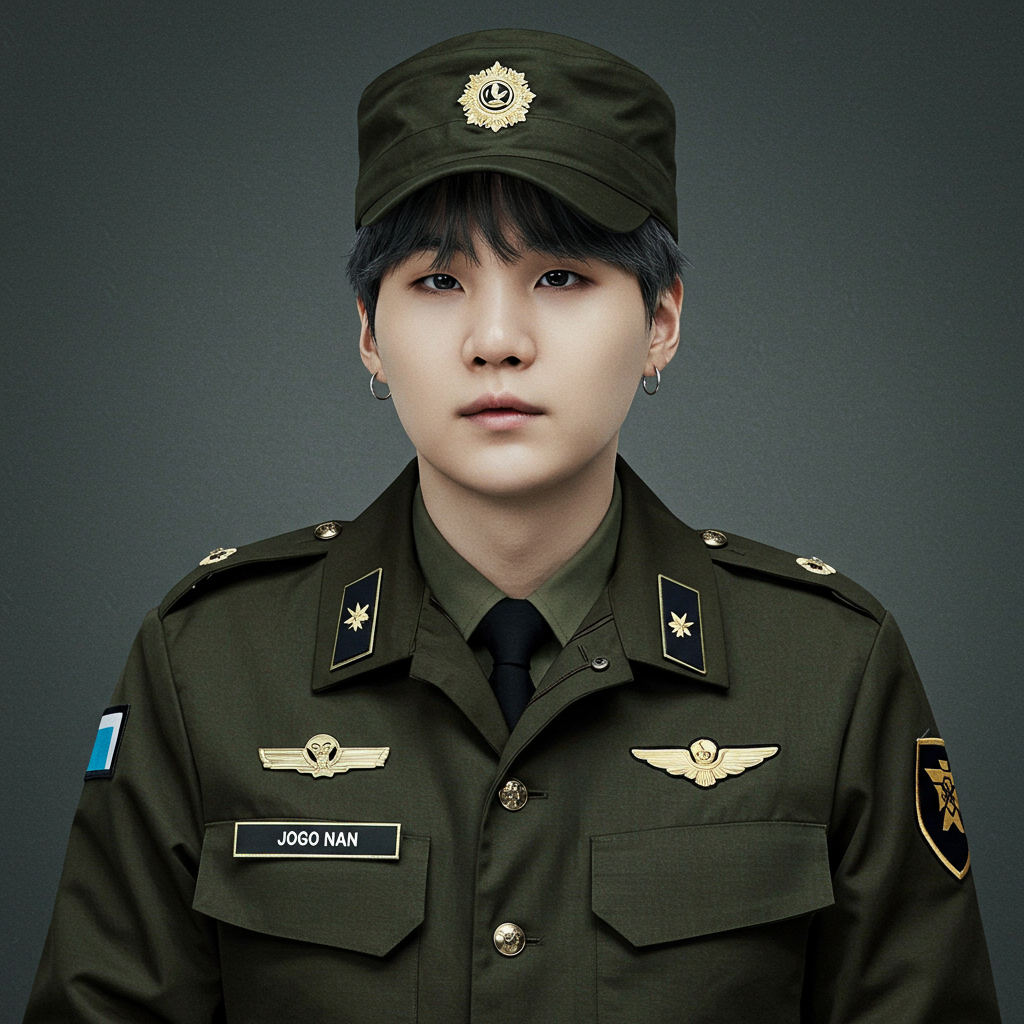The federal trial involving music mogul Sean “Diddy” Combs has reached a pivotal stage: the conclusion of closing arguments. After weeks of testimony and evidence presentation, both the defense and the prosecution have delivered their final appeals to the jury. This critical phase sets the stage for deliberations, which are expected to begin shortly.
Combs faces serious federal charges. These include allegations of sex trafficking by force, transporting individuals to engage in prostitution, and leading a racketeering conspiracy. He has entered a plea of not guilty to all counts in the indictment. The courtroom proceedings in New York City have drawn significant attention as the high-profile case unfolds.
The Defense Makes Its Final Stand
Lead defense attorney Marc Agnifilo presented the defense’s closing arguments. He strongly asserted there was insufficient evidence to support the government’s claims of a criminal enterprise or racketeering conspiracy. Agnifilo described the allegations as a “gaping lack of evidence,” urging the jury to acquit Combs.
A central theme of the defense was portraying certain alleged activities not as criminal acts but as part of a consensual “swinger lifestyle.” This narrative specifically addressed the government’s depiction of “freak-offs” and “hotel nights.” The defense argued these were private, consensual sexual activities, sometimes referred to as “homemade porn.” Agnifilo suggested these encounters were pleasant evenings with “genuine intimacy,” featuring music, food, and conversation in “beautiful hotel rooms,” disputing claims of coercion or force.
Challenging Witness Accounts
A key strategy for the defense involved questioning the credibility of alleged victims and witnesses. Agnifilo sought to portray individuals like Casandra “Cassie” Ventura Fine and a former assistant identified as “Mia” as unreliable or motivated by financial gain or jealousy.
Regarding Ventura, the defense acknowledged domestic violence incidents occurred but argued they were distinct from the charges of racketeering or sex trafficking. Agnifilo controversially described the relationship between Combs and Ventura as a “great modern love story.” He also suggested Ventura might have fabricated her claim of being raped by Combs in 2018 to conceal infidelity from her now-husband. The defense noted Ventura had received a substantial settlement in her civil lawsuit against Combs, implying a financial motive. Other witnesses, like “Jane” (anonymously identified ex-lover), were characterized by the defense as “gold diggers.”
Agnifilo dismissed accusations of forced labor or sexual assault involving “Mia.” He contended any contact was consensual and pointed to a positive photo “Mia” had given Combs as evidence of affection from employees. The defense also downplayed Combs’ acknowledged drug use. They argued it was for personal use, common in “creative fields,” and not evidence of a drug distribution scheme supporting racketeering charges. Allegations of arson against Kid Cudi’s car and kidnapping incidents were also vehemently denied or framed as attempts to avoid negative press, not criminal acts.
The Prosecution’s Powerful Rebuttal
Prosecutor Maurene Comey and Assistant U.S. Attorney Christy Slavik delivered a forceful rebuttal on behalf of the government. They countered the defense’s arguments, urging the jury to find Sean Combs guilty based on what they described as “overwhelming evidence.” The prosecution contended that Combs had operated “above the law for the past 20 years,” committing “crime after crime.”
The government asserted that the alleged victims were not willing participants in a lifestyle but were “trauma bonded” due to a cycle of abuse and control. They explicitly rejected the defense’s characterization of “freak-offs.” Instead, the prosecution described them as “grueling sex” and repetitive sessions for Combs’ “predictable and insatiable” sexual desires. They highlighted testimony alleging victims were prevented from sleeping, given drugs to stay awake, and forced to “keep going” despite physical exhaustion and health issues like frequent UTIs.
Evidence Supporting Criminal Enterprise Claims
The prosecution laid out specific alleged actions as “predicate acts” to support the racketeering conspiracy charge. These included:
Witness Tampering: The government alleged Combs attempted to influence witnesses after a civil lawsuit and in anticipation of a criminal probe. They presented phone call excerpts they claimed showed Combs trying to persuade “Jane” to adopt a false narrative about their encounters. Outreach to “Mia” and Combs’ bodyguard, D-Roc, was also cited as an attempt to silence her because she “knew too much.”
Forced Labor: Testimony from several witnesses, including Cassie Ventura, “Jane,” “Mia,” and former assistant Capricorn Clark, was presented. The prosecution argued that demands placed upon them, ranging from hours of grueling sexual activity to extensive and abusive personal assistant tasks, constituted forced labor beyond standard employment or consensual activities. Specific incidents of alleged abuse and control were detailed.
- Transportation for Prostitution: The prosecution highlighted instances where Combs allegedly flew escorts across state lines. They argued the clear intent was for paid sexual activity, citing text messages and financial records, including a payment for an escort’s travel and hotel in 2009.
- abcnews.go.com
- www.nbcnews.com
- www.usatoday.com
- abc7.com
- 6abc.com
The prosecution argued that Combs used his wealth, power, and control as “tools” to trap and manipulate women. They emphasized that in Combs’ world, saying “no” was allegedly “never an option.” They defended the credibility of the women who testified, arguing they had no motive to lie and were compelled to come forward despite the difficulty. The prosecution rejected the defense’s attempts to blame the victims or the government. They urged the jury to hold Combs accountable, stating, “It’s time for justice.”
The Path to Deliberation
With closing arguments concluded, the trial now moves to the jury deliberation phase. The judge is scheduled to provide the jury with instructions on the relevant laws and how to consider the evidence presented. This judicial charge is a critical step that guides the jury’s process.
Following the judge’s instructions, the jury will begin their private deliberations. Their task is to review all the evidence and testimony presented throughout the trial to determine if the government has proven its case beyond a reasonable doubt on each charge Sean Combs faces. Combs remains in custody at the Metropolitan Detention Center in Brooklyn during this time. The outcome of these deliberations will determine his fate, with potential penalties including a significant prison sentence if convicted.
Frequently Asked Questions
What specific charges is Sean “Diddy” Combs on trial for?
Sean “Diddy” Combs is currently on trial facing several federal charges. These include one count of racketeering conspiracy, two counts of sex trafficking by force, fraud, or coercion, and two counts of transportation to engage in prostitution. He has pleaded not guilty to all counts.
When is the jury expected to begin deliberating in the Sean Combs trial?
Jury deliberations in the Sean Combs trial are expected to begin soon after the judge delivers instructions. According to reports, the jury is scheduled to receive these instructions on the morning of Monday, June 30, 2025, at which point they will commence their deliberations.
What were the key arguments presented by the defense in their closing statement?
During closing arguments, the defense, led by Marc Agnifilo, argued there was a “gaping lack of evidence” for a criminal enterprise. Key points included framing alleged “freak-offs” as part of a consensual “swinger lifestyle” or “homemade porn,” not forced acts. The defense challenged victim credibility, suggesting motives like money or lies. They acknowledged domestic violence occurred but argued it was unrelated to the charges faced, asking the jury to acquit Combs and “Return him to his family.”
Conclusion
The Sean “Diddy” Combs federal trial has reached its final act before the jury’s decision. Both the defense and prosecution have forcefully presented their versions of events and interpreted the evidence through starkly different lenses. The defense portrayed Combs as an innocent man targeted by the government, engaging in a consensual lifestyle. The prosecution depicted him as the head of a criminal enterprise built on control, abuse, and forced sexual acts. As the jury prepares to deliberate, the weight of their decision will determine the legal outcome for the prominent figure. The world now waits to see how the jury will interpret the complex and often disturbing testimony presented.
Word Count Check: 1095 words


